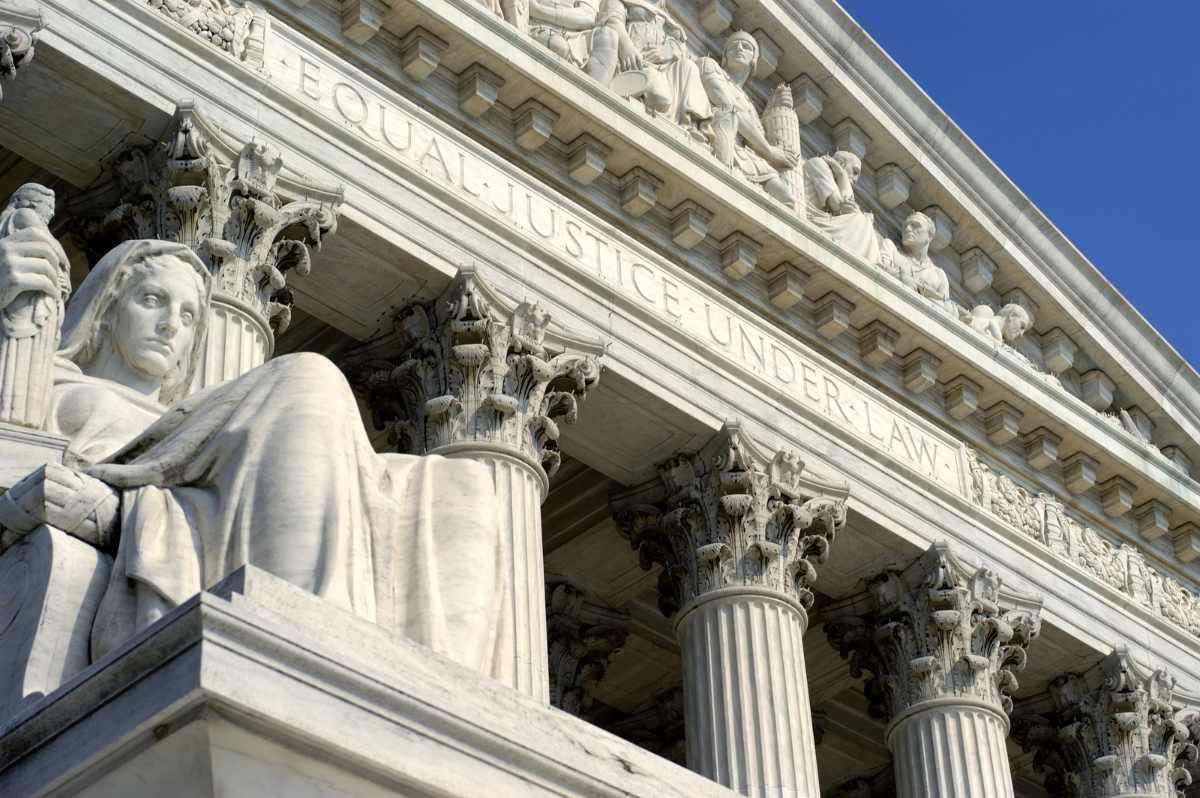
SCOTUS side-steps showdown over abortion
Clarence Thomas lectures the Court on eugenics and abortion
This week the US Supreme Court touched the third rail – abortion – and lived. In a relatively modest decision, Box v. Planned Parenthood of Indiana and Kentucky, the Court voted 7-2 to uphold a provision in an Indiana law which requires abortion providers to bury or cremate foetal remains. It refused to review another section in the same law which prohibits abortion on the basis of the sex, race or disability of a foetus.
According to The Economist, the ruling may have been the handiwork of Chief Justice John Roberts. Although the Indiana law could have been used to overturn or modify Roe v. Wade, a decision by the Supreme Court would have coincided with the heat of the 2020 elections and would have been seen as nakedly political.
Justice Clarence Thomas, the only African-American on the bench, used the opportunity to write a fascinating 7000-word history of abortion’s links with racism and the eugenics movement.
Most journalists ignored it or ridiculed it.
Mark Joseph Stern at Slate said that Thomas had attacked women who have abortions as “callous and monstrous child-killers” – a slander which he made up out of thin air. Charles P. Pierce, at Esquire, wrote that Thomas had gone “bananas”. Garrett Eps, in The Atlantic, said that Thomas was part of “the far-right wing of African American conservatism”. Adam Liptak, at the New York Times, barely mentioned it.
But Thomas was making an important point. The last time the Supreme Court addressed the issue of eugenics was in 1927 in Buck v. Bell – and it enthusiastically endorsed it. SCOTUS all-star Oliver Wendell Holmes Jr wrote for the majority: “It is better for all the world, if instead of waiting to execute degenerate offspring for crime, or to let them starve for their imbecility, society can prevent those who are manifestly unfit from continuing their kind.”
This appalling decision has never explicitly been overturned. Ninety-two years later, a correction is long overdue.
Justice Thomas’s impassioned essay is a first draft of a SCOTUS apology for Buck v. Bell. He highlights “the fact that abortion is an act rife with the potential for 'eugenic manipulation'” and argues that “Having created the constitutional right to an abortion, this Court is duty bound to address its scope.”
Michael Cook is editor of BioEdge
Creative commons
https://www.bioedge.org/images/2008images/FB-Supreme-Court-Building-317435_(1).jpg
abortion
eugenics
scotus
